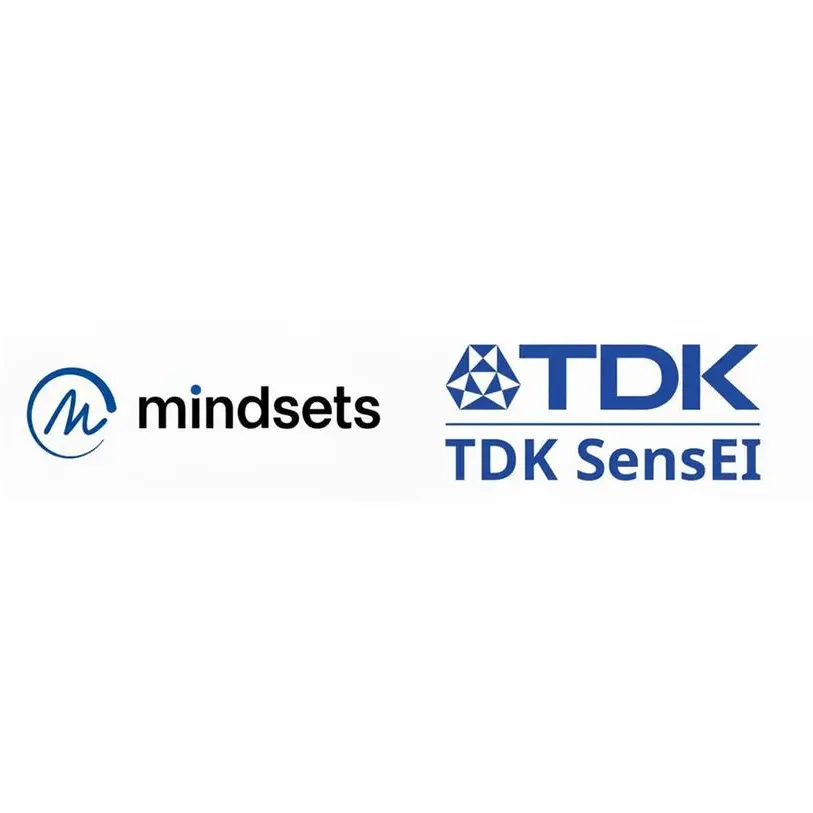- Excess sugar in the blood is associated with attention deficit disorder in children (ADHD), dementia in adults, blurred vision, dental cavities, skin ageing, insomnia, and obesity.
- Neglecting prescribed Diabetes medications can have detrimental effects
Ras Al Khaimah, UAE: In an effort to provide comprehensive support and guidance to the participants of the transformative 3-month-long RAK Diabetes Challenge 2023, RAK Hospital organized an informative webinar titled "Nuance of Diabetes Care." The webinar, conducted by Dr. Slavica Vukovic, MD, Specialist Internal Medicine at RAK Hospital, focused on educating individuals about effective diabetes management, its implications, and essential care strategies.
Diabetes, a chronic condition demanding long-term medical attention, occurs due to the body's resistance to insulin or insufficient utilization of insulin secretion. Dr. Slavica emphasized the crucial role of insulin in transferring glucose (sugar) from the bloodstream to muscles and other organs for storage or energy utilization. Excess glucose in the bloodstream, i.e., diabetes, can lead to various complications, including high blood pressure (HBP), cardiac ailments, neuropathy, renal disease, excessive urination, foot ulcers, and more.
The webinar revealed that excess sugar in the blood, commonly known as diabetes, is associated with attention deficit disorder in children (ADHD), dementia in adults, blurred vision, dental cavities, skin ageing, insomnia, and obesity.
Dr. Slavica emphasized key blood sugar readings indicative of diabetes: fasting levels above 120 mg/dL, random blood sugar (RBS) exceeding 200 mg/dL, or a glycated haemoglobin (HbA1c) level greater than 6.5%. She outlined her diabetes care protocols, shedding light on the pathophysiology of diabetes.
Furthermore, the webinar underscored the importance of addressing both microvascular (e.g., eyes and kidneys) and macrovascular (e.g., coronary, cerebrovascular, and peripheral vessels) aspects in diabetes management. Dr. Slavica recommended close monitoring for individuals with both Type 1 (insulin-dependent) and Type 2 (non-insulin-dependent) diabetes. She stressed the significance of continuous glucose monitoring (CGM) and self-monitoring blood glucose (SMBG) for these individuals. Dr. Slavica encouraged regular HbA1c tests every 3-6 months, annual eye and kidney exams, blood pressure control, frequent foot exams, and weekly self-monitoring of blood sugar readings.
In terms of treatment, Dr. Slavica outlined a holistic approach that begins with diet, exercise, and education. She also demystified and simplified the medication aspect for Type 2 Diabetes. Metformin was highlighted for its role in lowering blood glucose levels, sulfonylureas for stimulating insulin release, and glucosidase inhibitors for delaying sugar absorption.
Addressing queries from the audience, Dr. Slavica clarified that while diabetes can be reversed, it requires lifelong efforts and diligent management. Neglecting prescribed medications can have more detrimental effects, and medications are prescribed with careful consideration of individual factors.
The RAK Hospital's "Nuance of Diabetes Care" webinar served as an invaluable resource for participants of the RAK Diabetes Challenge 2023, equipping them with knowledge and strategies to effectively manage their diabetes and improve their overall health.
For more information on the RAK Diabetes Challenge 2023 and to know the schedule of the upcoming webinars, please visit, https://www.rakdiabeteschallenge.com/


















